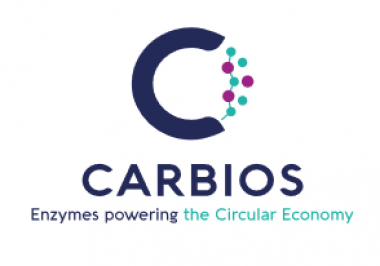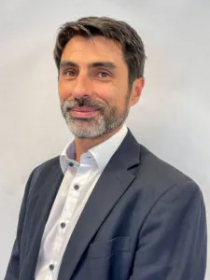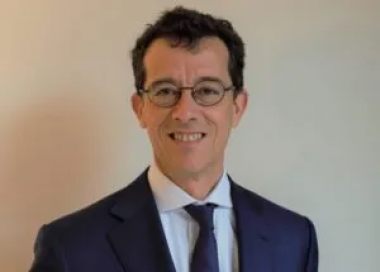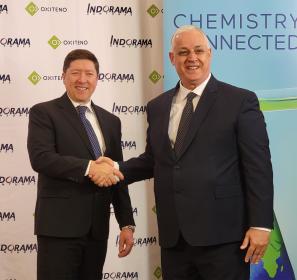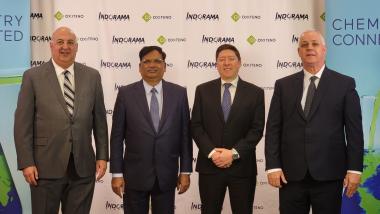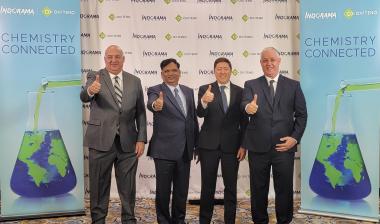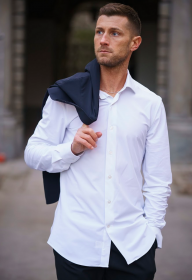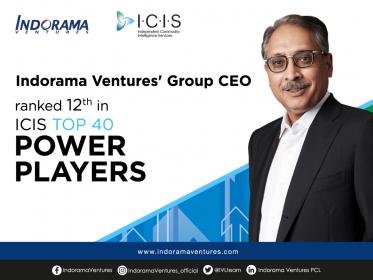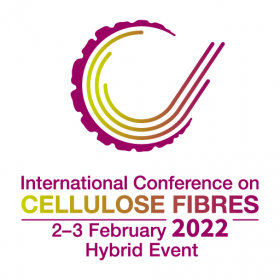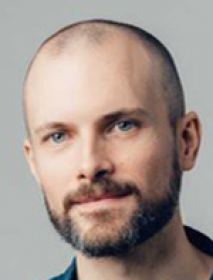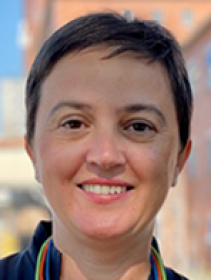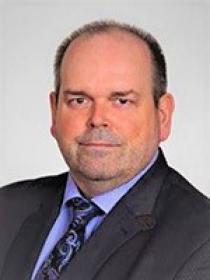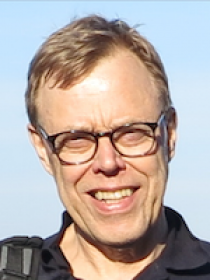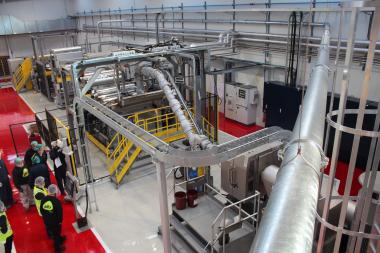Carbios strengthens Executive Committee for Expansion Plans
Carbios announces the appointment of two new members to its Executive Committee: Lionel Arras, Industrial Development Director, and Mathieu Berthoud, Sourcing and Public Affairs Director.
Lionel Arras joined Carbios’ teams in 2021 to support the industrial growth of PET enzymatic recycling technology as Industrial Development Director. He was appointed to the Company’s Executive Committee on May 2. An engineer who graduated from ENSIC Nancy and holds an MBA from the Lyon School of Management, Lionel Arras has more than 25 years of experience in the field of process engineering and the chemical industry.
At Carbios, he now heads a team of around 50 people mobilized around three major divisions:
- the industrial demonstration plant, inaugurated last September in Clermont-Ferrand,
- technological development,
- the first Reference Unit project, installed on the Indorama Ventures site in Longlaville, Meurthe-et-Moselle, France.
Lionel Arras, Carbios’ Industrial Development Director: “After the successful start-up of our industrial demonstration plant in Clermont-Ferrand, we are continuing our scale-up with the construction of the first enzymatic recycling plant in the world in Longlaville, France. Its launch, scheduled for early 2025, will enable the processing of 50,000 tons of post-consumer PET waste or the equivalent of 2 billion bottles. It is a great source of pride for me to be able to support Carbios in this strategic development phase.”
Mathieu Berthoud will join Carbios as Sourcing and Public Affairs Director on June 1, 2022. With more than 30 years of experience, including 10 years at Rhodia (now Solvay) and more than 20 years at Suez, in various commercial development or subsidiary management positions, he was most recently Technical and Performance Director for the Group’s recycling and recovery activities. A university-trained scientist, he also holds an MBA from HEC Paris. At Carbios, he will be responsible for securing the supply of PET waste for the future reference plant in Longlaville and the other industrial sites that will follow. He will also manage the Company’s public affairs.


